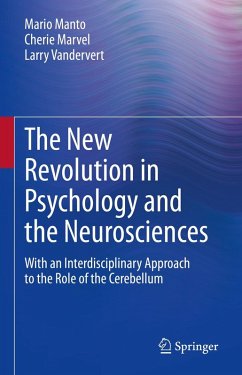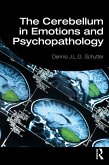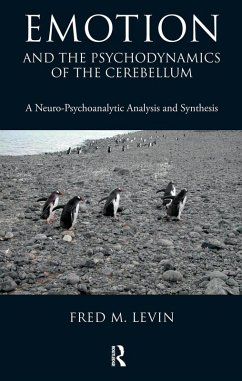Historically researchers of neuroscience and psychology have believed that the cerebral cortex produces the unique mental capacities of human beings. However, a prevalence of brain-imaging evidence now shows that the cerebral cortex, while the seat of our everyday experience (notably in working memory), is not predominant in actually formulating our amazing capabilities. Rather, the achievements that mark humans as "Homo sapiens" originate in the cerebellum which increased three- to fourfold in size and acquired massive cognitive and social optimization capabilities over the last million years. Thus, through its optimization of experience and skill of the cerebral cortex, it was the cerebellum that was and is predominant in producing culture, language, mathematics, creativity, and extreme levels of skill in all areas from sports to computer science and art. These optimizing functions of the cerebellum are shown in the cases of Albert Einstein, Wolfgang Amadeus Mozart, Maryam Mirzakhani, and the predictive powers of Stonehenge.
This book fills a critical role in bringing courses up-to-date with the profound, basic changes this newly understood predominant role of the cerebellum provides for understanding the mechanisms related to all topics in psychology and neuroscience. It is critical that this "new revolution in psychology and the neurosciences" be introduced and reviewed in courses that are part of both undergraduate and graduate studies in psychology and neuroscience. This text might also be of use to courses in anthropology and cross-disciplinary studies as the cerebellum was critically involved in the evolution of cognitive and social behaviour.
This book fills a critical role in bringing courses up-to-date with the profound, basic changes this newly understood predominant role of the cerebellum provides for understanding the mechanisms related to all topics in psychology and neuroscience. It is critical that this "new revolution in psychology and the neurosciences" be introduced and reviewed in courses that are part of both undergraduate and graduate studies in psychology and neuroscience. This text might also be of use to courses in anthropology and cross-disciplinary studies as the cerebellum was critically involved in the evolution of cognitive and social behaviour.
Dieser Download kann aus rechtlichen Gründen nur mit Rechnungsadresse in A, B, BG, CY, CZ, D, DK, EW, E, FIN, F, GR, HR, H, IRL, I, LT, L, LR, M, NL, PL, P, R, S, SLO, SK ausgeliefert werden.









